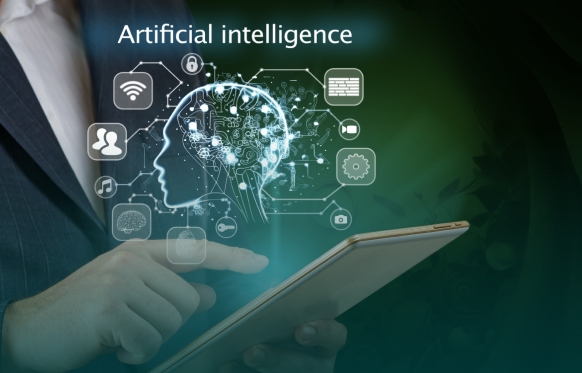Title: Unlocking Insights: The Power of Data Analytics and Artificial Intelligence
In today’s fast-paced digital world, businesses are generating vast amounts of data every second. To make sense of this information and derive actionable insights, data analytics and artificial intelligence (AI) have become essential tools. Understanding how these two fields work together can empower organizations to make better decisions and drive innovation.
Data Analytics: Turning Numbers into Insights
Data analytics involves examining raw data to discover trends, patterns, and insights that can inform business strategies. By analyzing data effectively, companies can uncover customer preferences, optimize operations, and predict future trends. For instance, retailers can use data analytics to identify which products are likely to sell best during a particular season and stock their inventory accordingly. As more businesses harness data analytics, it becomes increasingly vital to adopt the right tools and techniques to process and interpret data efficiently.
Artificial Intelligence: Enhancing Analytical Capabilities
Artificial intelligence complements data analytics by automating complex processes and offering advanced insights. AI algorithms can learn from historical data, allowing them to make predictions and recommendations with remarkable accuracy. For example, financial institutions employ AI to detect fraudulent activities in real-time by analyzing transactional data patterns. By integrating AI with data analytics, organizations can enhance operational efficiency and drive more informed decision-making, unlocking opportunities that were previously unattainable.
The Future of Data and AI: A Symbiotic Relationship
As data analytics and AI continue to evolve, their integration will shape the future of many industries. Companies are now focusing on harnessing big data in conjunction with machine learning techniques to create predictive models that improve customer experiences. For instance, healthcare providers can analyze patient data to recommend personalized treatment plans, ultimately leading to better patient outcomes. Embracing this symbiotic relationship allows organizations to stay ahead of the competition, innovate continuously, and respond swiftly to market changes.
In conclusion, the marriage of data analytics and artificial intelligence is transforming how businesses operate, paving the way for smarter strategies and improved outcomes. Whether you’re a small business owner or a corporate executive, it’s essential to explore these technologies further. Consider investing time in learning about data management tools or taking courses on AI applications to stay current in this rapidly evolving landscape. Embrace the future and unlock the potential that data analytics and AI hold for your organization!

